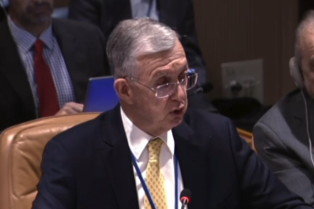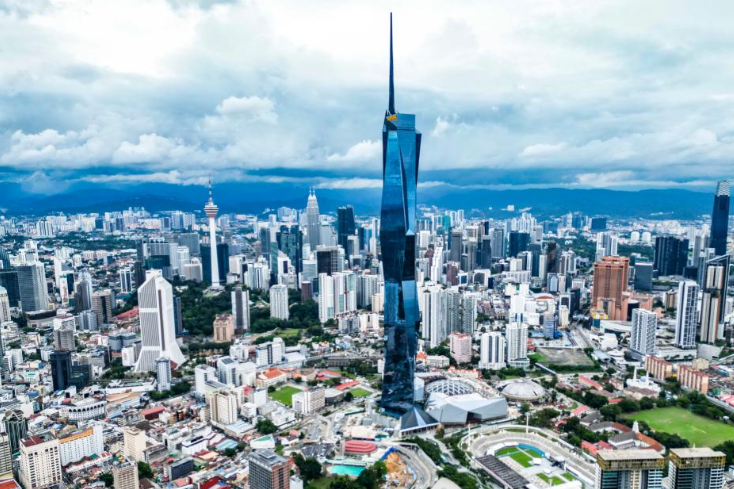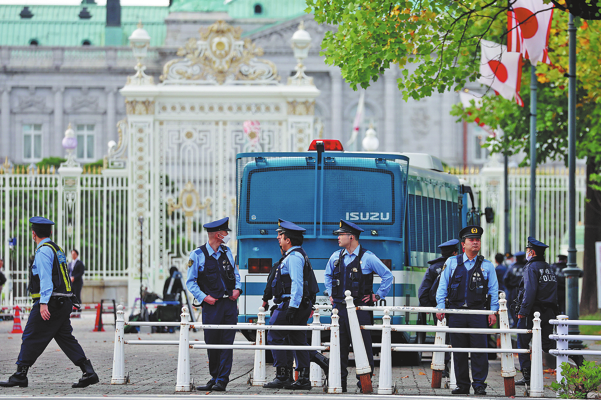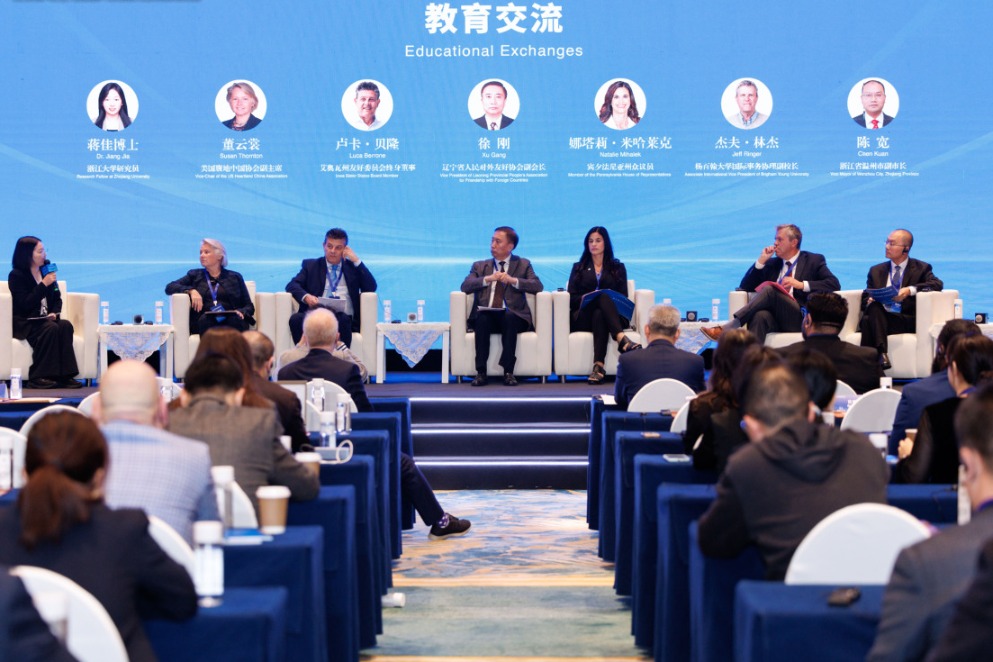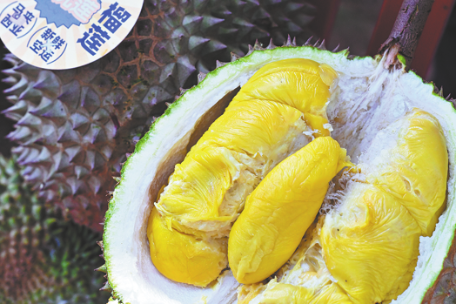Nexperia case risks damaging everyone's interests
Takeover to avoid theft of outdated chip technology "ridiculous" and risks breaking laws and bilateral relations, Zhang Zhouxiang reports in Brussels.

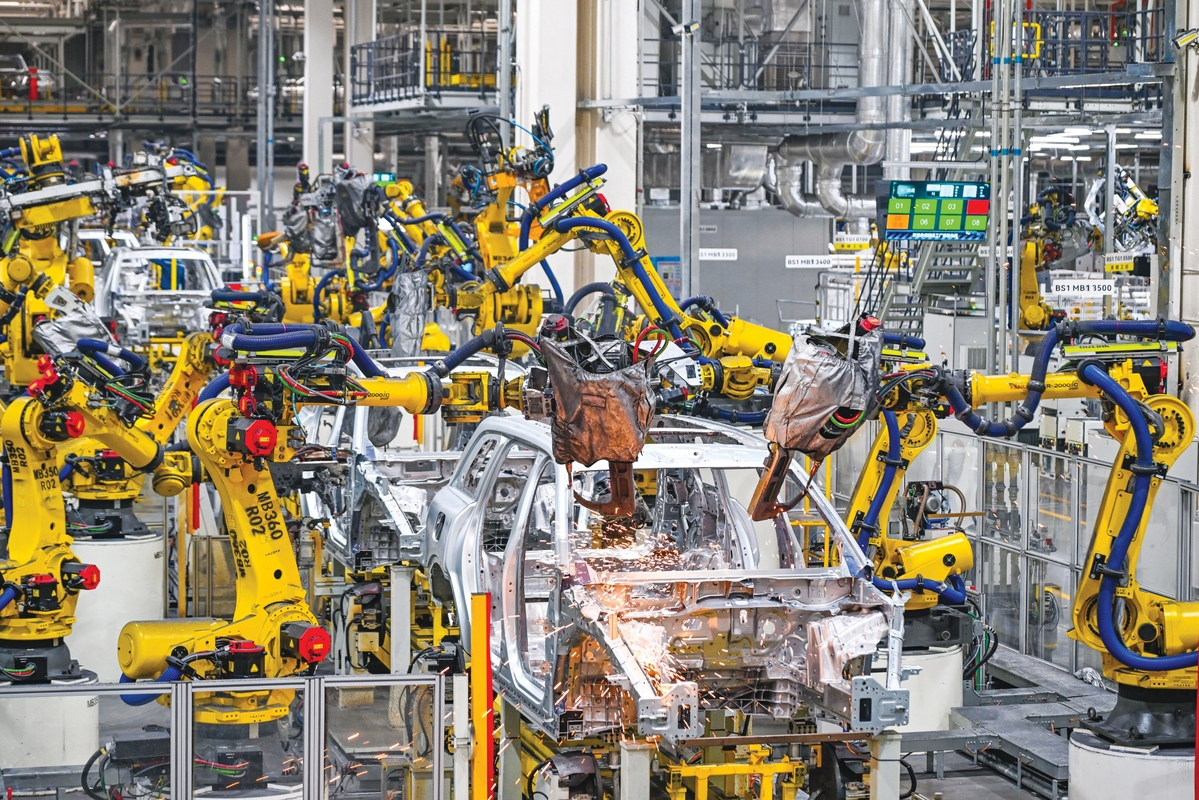
One month into the chip-shortage crisis ignited by the Netherlands government's takeover of Chinese-owned and Netherlands-based semiconductor manufacturer Nexperia, skepticism about the decision has been emerging from all sides, with concerns expressed that the rules of international trade have been violated and that the interests of all stakeholders, the Netherlands included, stand to suffer.
The Netherlands government announced on Sept 30 it would take control of Nexperia for one year, forbidding the company and its subsidiaries from making adjustments to assets, intellectual property, its business, or workforce.
The Netherlands' stated reason was that Nexperia, its Chinese parent company Wingtech Technology, and its Chinese national CEO Zhang Xuezheng, had "serious governance shortcomings" and that these posed a threat to the continuity and safeguarding on Dutch and European soil of crucial technological knowledge and capabilities, and economic security.
According to media reports, the decision was made after the CEO of Nexperia allegedly tried to rearrange its European operations.
"The intervention risks producing just the result the government says it wants to prevent," Herman Quarles van Ufford, senior policy-fellow at the European Council on Foreign Relations, wrote on its official website. "It poses an existential crisis to Nexperia as a company; and supply shortages resulting from Chinese countermeasures appear set to seriously disrupt car production."
According to Nexperia's own website, the company produces chips for automotive use, including bipolar transistors, diodes, MOSFETs, and variants.
Its Sustainability Report 2024 states that sales to the Americas (primarily the United States) reached $192 million, up from $119 million in 2020, while sales to Europe, the Middle East, and Africa, with Europe dominating, rose from $289 million to $457 million in the same period.
Many car manufacturers in Europe and the US rely on Nexperia for supplies.
"If the Nexperia saga ends in the shutdown of the US auto industry, it would be the irony to end all ironies, as it would effectively mean the US sanctioned their own industrial base (given it all originated with US sanctions pressuring the Netherlands to seize Nexperia away from China)," entrepreneur Arnaud Bertrand, of MeAndQi.com, wrote on X. "Lesson number one when you throw a grenade: make sure you don't stand right in the blast radius."
By this, he referenced a new regulation released by the US Department of Commerce on Sept 29 that expanded export-control sanctions to subsidiaries that are more than 50 percent owned by US-listed entities as of Oct 1, to which Wingtech is an old member and Nexperia would be a new one. Many believe this change pushed the Netherlands government into a hasty decision.
The exposure is not limited to the US. Europe is also in the firing line. According to the Daily Telegraph newspaper, "carmakers became hooked on Chinese chips" and now "can't get them". In car-manufacturing powerhouse Germany, a Deutsche Welle report found that companies are so short of chips that "Volkswagen says it expects work stoppages if an alternative isn't found".
"If Germany wants to save its car industry, the foreign minister should go to the Netherlands and ask for reversing the seizure of Nexperia," wrote Glenn Diesen, a professor of political science at the University of South-Eastern Norway.
















